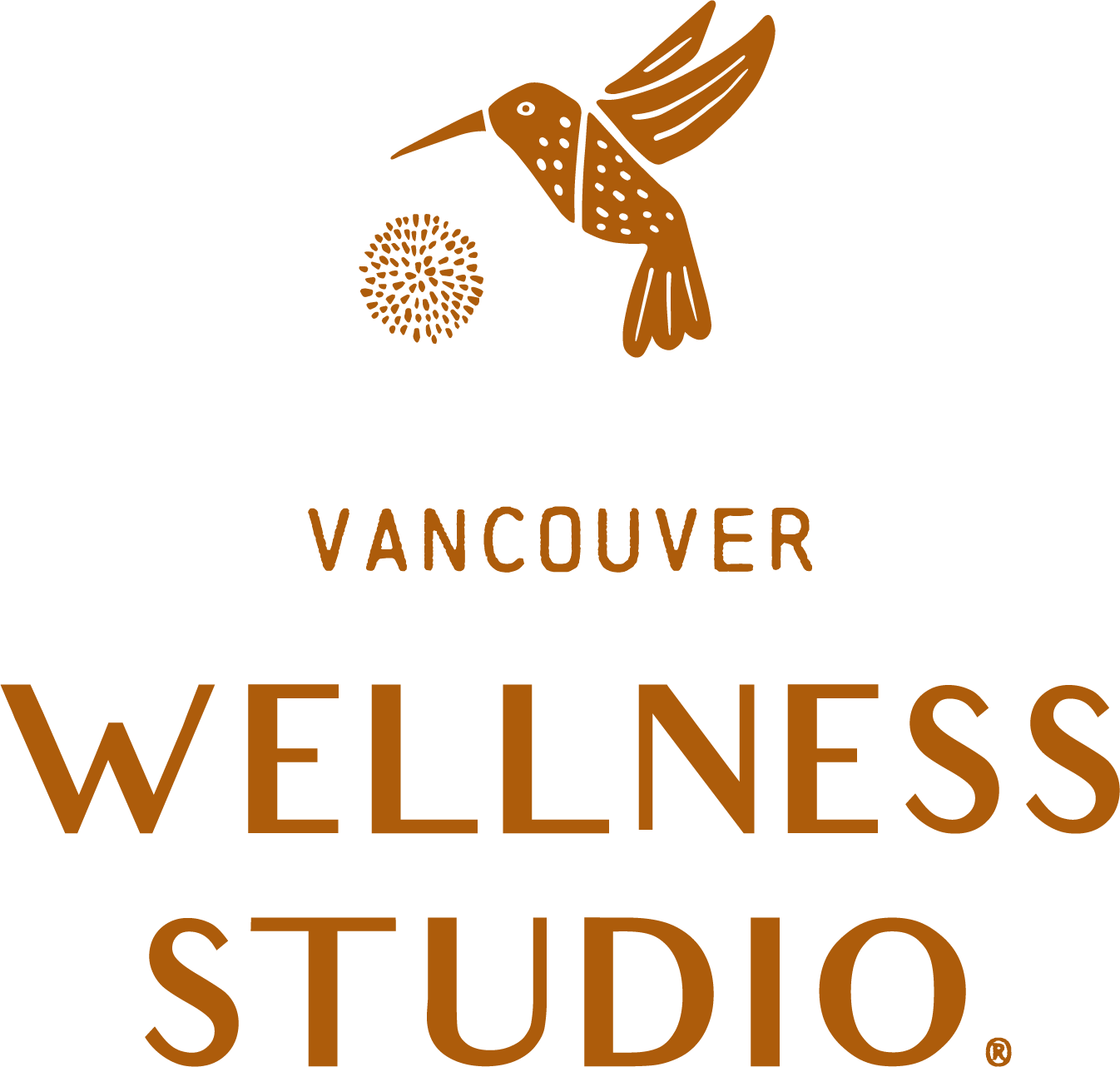how do I kick Emotional Eating?
For many, food is more than just fuel—it’s comfort, celebration, and even a coping mechanism. Emotional eating is common, but it often leaves people feeling frustrated and stuck in a cycle of guilt and restriction. If you’ve ever found yourself reaching for food when stressed, anxious, or bored, you’re definitely not alone.
Rather than trying to eliminate emotional eating entirely (which is unrealistic), the key is to understand what’s driving it. Are you using food to numb uncomfortable emotions? To create a sense of control in your chaotic/stressful day? When you become aware of these patterns, you can start to respond in a way that truly supports your well-being.
A few simple strategies to help:
- Pause before eating – Ask yourself: Am I physically hungry, or is this an emotional need?
- Identify triggers – Notice when and why emotional eating happens. Journaling can be a great tool for this.
- Find alternative coping tools – Movement (like going for a walk), deep breathing, or even calling a friend can help process emotions without turning to food.
- Practice self-compassion – Shame only fuels the cycle. Remind yourself that emotional eating is a learned response—and it can be unlearned.
Healing your relationship with food is a journey, not a quick fix. But by shifting your mindset, you can build a sense of trust with your body and finally break free from the guilt-and-restrict cycle.
Want to learn more? Book a session with me, and let’s work together to create a plan that helps you feel confident, balanced, and at peace with food.


